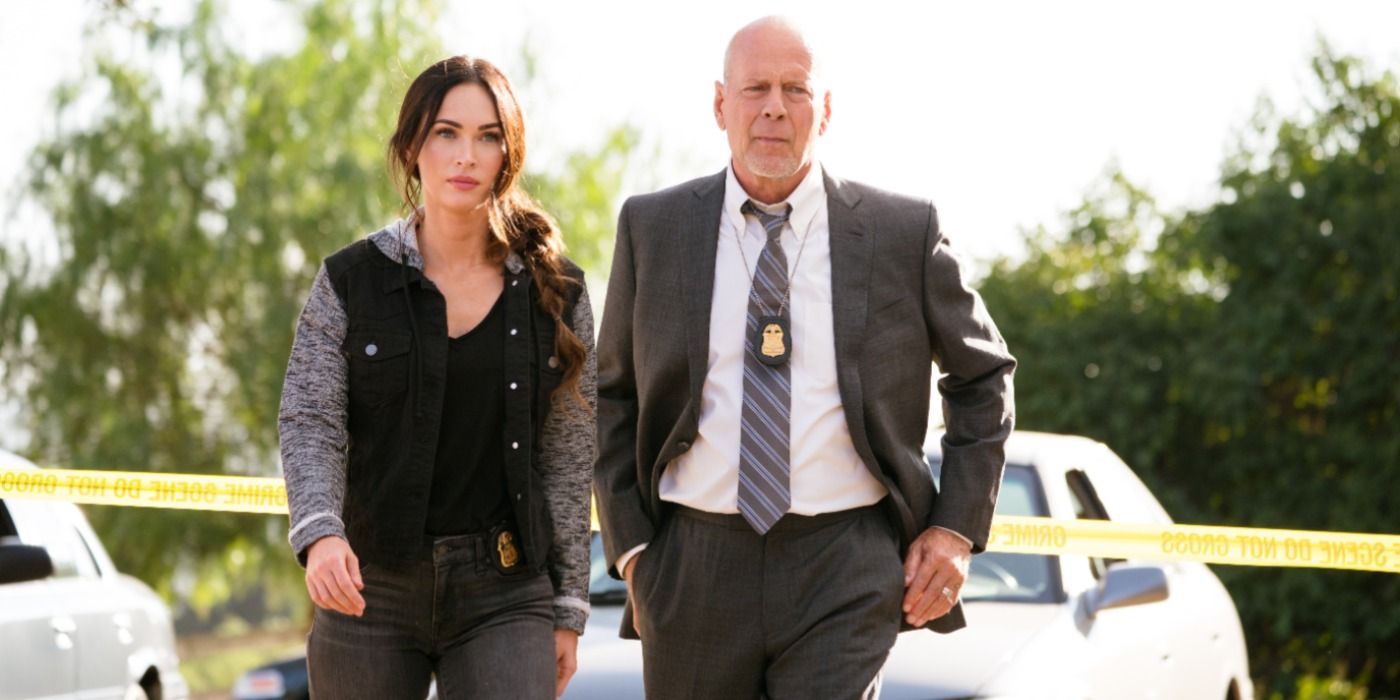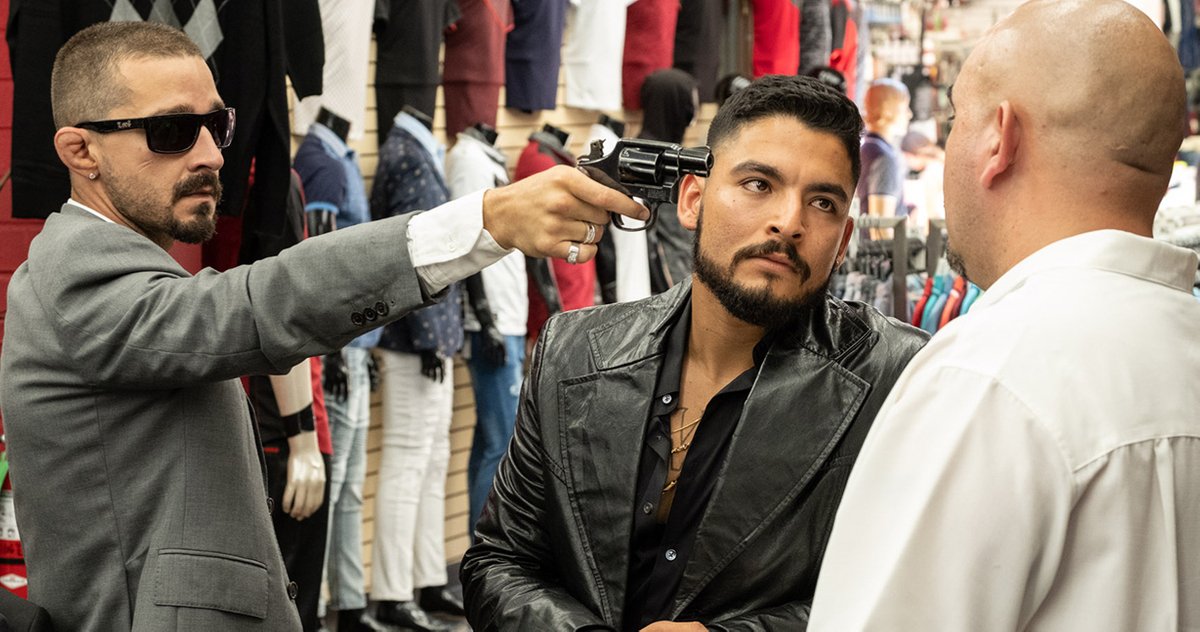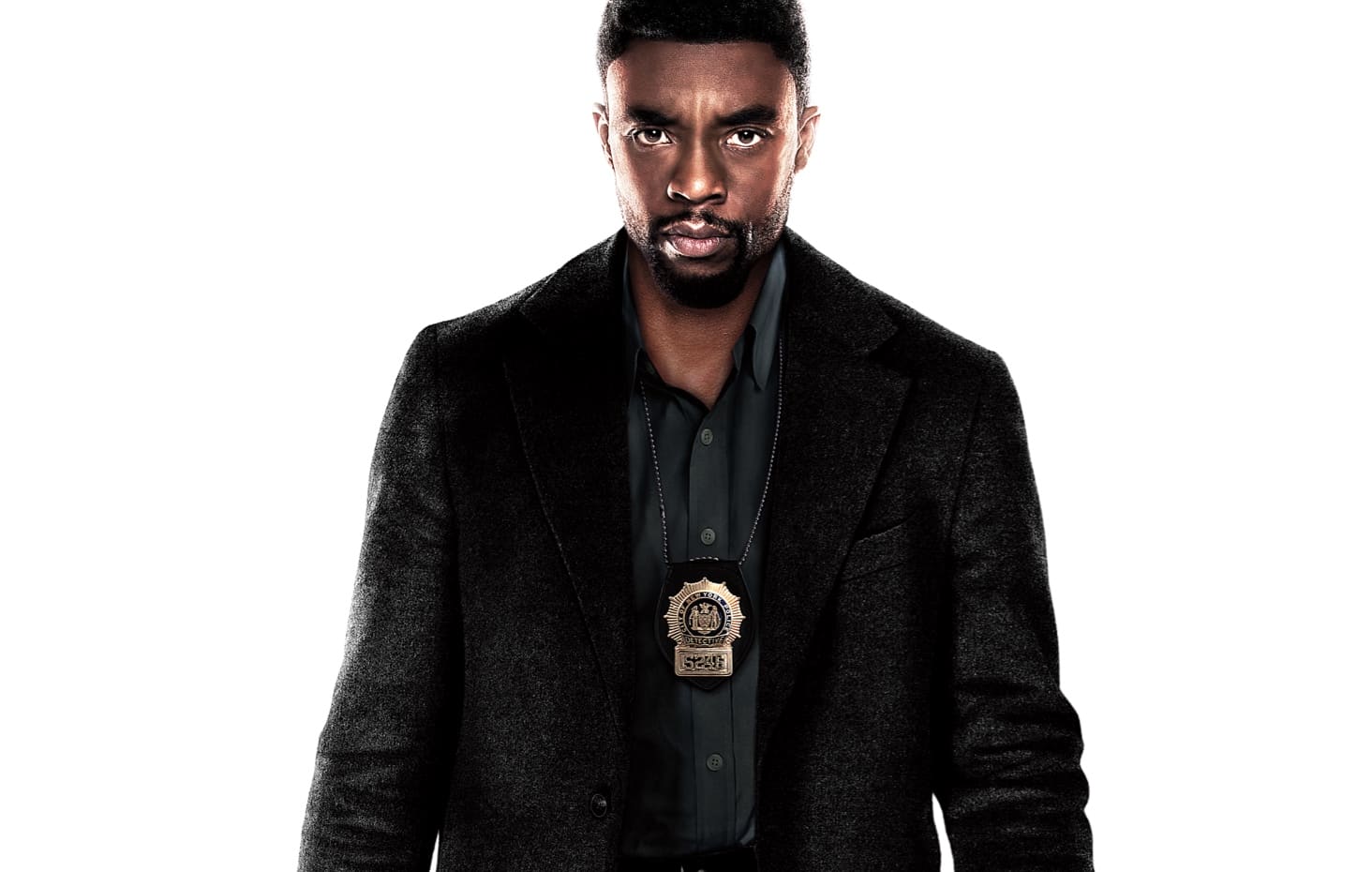Little Dixie
by George Wolf
By now, we’ve moved past the “it’s nice to see longtime supporting player Frank Grillo in the lead” phase, haven’t we? He’s established himself as a charismatic actor more than capable of carrying a film.
And while he’s still a reliably galvanizing presence in Little Dixie, the movie itself struggles to carve out its own identity as it vacillates between a generic crime narrative and some seedy sexual underbellies.
Grillo stars as Doc, a no-nonsense intermediary between Texas Gov. Richard Jeffs (Eric Dane) and a ruthless Mexican cartel run by Lalo Prado (Maurice Compte). But when the Gov. goes rogue and ignores the truce that Doc has brokered, Lalo’s bloodthirsty brother Cuco (Beau Knapp) crosses the border looking for payback – and his search starts with Doc’s daughter (Sofia Bryant).
So yes, expect plenty of “If you touch her I swear to God I’ll….,” but also writer/director John Swab’s penchant for hard turns.
This time Swab goes searching for subversion inside a Sicario-like setup, an approach similar to how he attacked truck stop horror in the recent Candy Land. But while that film managed to uncover something surprisingly human amid all the brutality, the persistent posturing and lurid details in Little Dixie do little to raise the resonance of characters or choices – and in at least one instance end up bordering on blood-soaked parody.
But the attempt to firebomb expectations almost works, more evidence that Swab may just need a little more seasoning to find his uniquely compelling voice. Until then, Little Dixie stands as a cluster of eyebrow-raising campaign promises drowned out by a standard stump speech.













